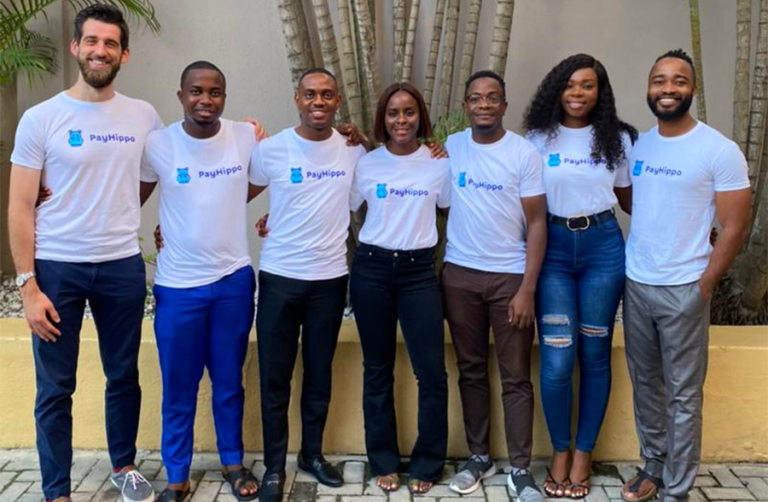In a strategic pivot, Nigerian fintech Payhippo has rebranded as Rivy, shifting its focus from SME lending to clean energy financing. The company also announced a $4 million pre-Series A funding round to accelerate its new mission, with an even split between $2 million in debt and $2 million in equity.
This funding will expand Rivy’s clean energy financing solutions beyond Nigeria, enabling businesses to adopt solar power without the burden of upfront costs.
Backing the Clean Energy Shift
The investment round was co-led by EchoVC, a Nigerian venture capital firm known for funding 38 African startups, and Shell’s All On, a climate-focused impact investment organization. Local debt providers contributed to the debt financing.
Rivy’s transformation follows a growing trend of African fintechs expanding beyond traditional lending to address critical structural challenges. Similar transitions have been seen in:
Aella Credit (Nigeria, 2020) – Expanded micro-lending to include healthcare, insurance, and blockchain-based lending.
Branch (Kenya, 2023) – Evolved into a neobank after acquiring a microfinance bank.
Rivy, however, has taken a unique approach—rather than supplying solar systems directly, it operates a dual marketplace, connecting over 250 solar vendors and installers with businesses while providing loans to spread the cost of solar installations over time.
From SME Lending to Clean Energy Financing
Rivy’s shift into solar financing was driven by a common challenge among small businesses—unreliable electricity supply.
CEO Dami Olawoye explains:
“When we were an SME lender, the recurring theme we found was the lack of electricity. Many businesses sought loans to cover fuel costs, while solar installers lacked capital to buy equipment in bulk. That’s why we expanded into asset financing in June 2023—to help businesses afford solar systems with structured repayment plans.”
Founded in 2019 by Chioma Okotcha, Uche Nnadi, and Zach Bijesse, Rivy initially focused on SME loans. After joining Y Combinator in 2021, it underwent leadership changes in 2023, with Olawoye (previously CFO) stepping in as CEO, while Bijesse moved to the board.
Despite its business model transformation, Rivy has retained its underwriting engine, boasting a non-performing loan (NPL) ratio of below 1%—a sign of strong credit risk management.
Financing Solar for Businesses and Micro-Grids
Since pivoting to clean energy financing, Rivy has seen strong demand despite the high costs of solar systems.
Key Growth Metrics (2024):
✔ $2 million in loans disbursed to businesses.
✔ Loan book growing at 15% per month.
✔ Lower energy costs for businesses compared to diesel or electricity tariffs.
Loan Terms:
-
Interest rates start at 12% for a three-month term and increase with longer durations.
-
Businesses must pay at least 30% upfront before accessing financing.
-
Loans are structured based on electricity demand, logistics, and installation charges.
Beyond financing individual businesses, Rivy also supports micro-grids—large-scale solar installations that serve entire communities and business clusters. While businesses remain the core focus, consumer financing has also been added to the company’s portfolio.
The Path Forward: Expansion and Scaling
Rivy raised a mix of debt and equity to optimize its lending model.
Olawoye explains:
“Equity is expensive. We can’t keep raising equity to lend money because shareholders would get diluted. Our future rounds will likely be a mix of debt and equity.”
Looking ahead, Rivy plans to deepen its presence in Nigeria while exploring expansion into other African markets. In the race to keep the lights on for businesses and households, Rivy is determined to lead the charge in clean energy financing.

